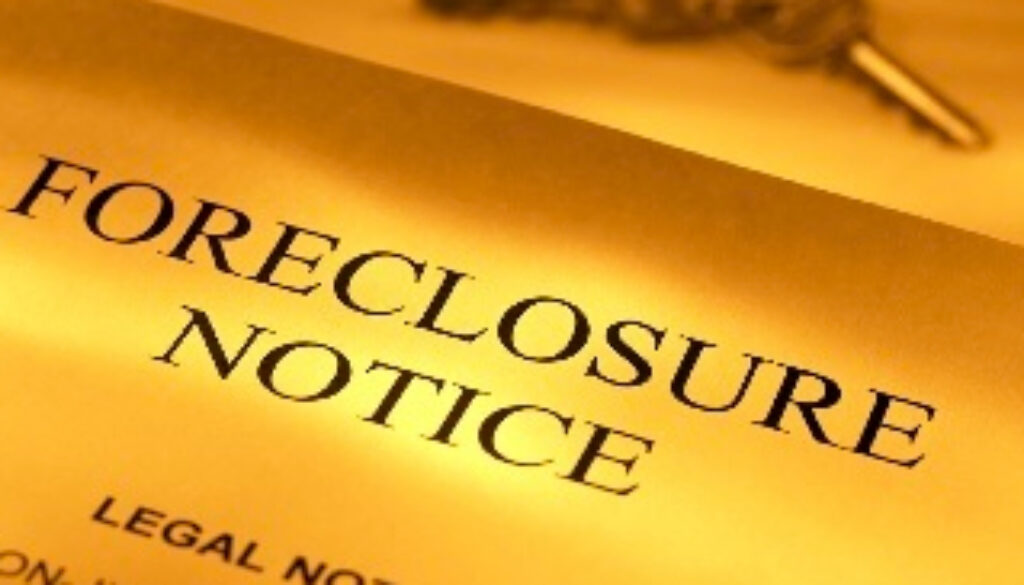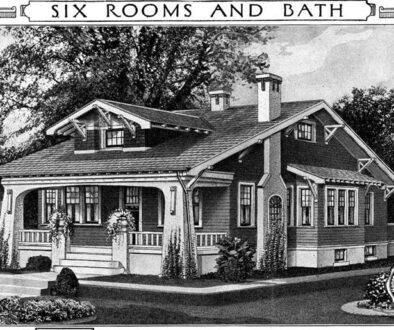Recently, it has come to the nation’s attention (which means it has been happening for some time) that the foreclosure process is seriously flawed and that people are either losing houses when they shouldn’t or having to fight against a foreclosure for reasons that are illegal, corrupt or negligent. According to the Richmond Times Dispatch (see January 18, 2011 article), The General Assembly of the State of Virginia has taken up discourse on this very topic today and is trying to push through legislation aimed at fixing this problem. This governmental attention, along with the imposed moratoriums, lawsuits and countersuits, class action cases…..it is all focused on the symptom and not the problem.
I wrote this one back in 2010 when there was legislation being proposed in the Virginia Legislature trying to fix the abuses of the foreclosure process. It was a classic illustration of how the people with the ability to help fix things had no clue how to go about it.
Are there problems with the foreclosure process? I am sure that some would argue that there are. Are people being forced to deal with a foreclosure when they should not be? I think it has been documented now many times that there are far too many examples of wrongful foreclosures and a process run amok. Should we focus on the people that have been wronged and see that that they are made whole? Yes we should.
I think it is important to note that from 2006 to 2010, foreclosures increased nationwide almost 400% (source: seekingalpha dot com). How can anyone realistically expect that any institution, much less a fractured and withering banking system and our overworked court system, keep pace with foreclosure growth without serious growing pains? The answer is that it can’t and it hasn’t. To lob more rules and regulations at the process now is misguided and a waste of time.
Foreclosures occur when the value of the home is less than the market value AND the owner is in default to such a level that the bank takes the property back. The key in all of this is the fact that foreclosures RARELY occur when the owner can sell the property at or near the level of the debt. When prices decline steadily values collectively fall below the debt, the number of foreclosure candidates increases and thus the number of foreclosures follows suit. When you have a 4-5 year tumble in pricing, you are going to have a LOT of foreclosures.
Now for the ECON 101 lesson, price declines happen when supply outpaces demand. Supply has been falling since the height, which should help, but demand has been falling at a faster rate. Until demand increases, foreclosures will occur at rates that are highly problematic and damaging to the overall economy. As I listen with hopeful ears to the noises coming from Fannie/Freddie/FHA as well as Congress, I have yet to hear anything that makes me think that anyone with the power to stem the tide have grasped the problem.
Here are some examples:
• HUD just extended its ‘anti flipping rule’ for another year (source: LA Times, January 16, 2011): What effect do you think that has on demand? It sure doesn’t help. Preventing investors or speculators from stepping in and buying up inventory prevents another important group from helping us find a bottom.
• FHA Rules for Condos are truly a head scratcher: Rules interpretations, unrealistic pre-sale levels and maximum loan density limits are a HUGE negative to condos. No lending within a project = no buyers for that project. This is a big problem.
• Credit Scores of Today: In yet another attempt to make sure that we never boom/bust again, GSA’s have tightened their guidelines to such a point that getting a mortgage is harder, more expensive and more frustrating than ever before….another depressive input to demand.
• Mortgage Interest Deduction: If you take away the interest deduction, you affect values. Why in the world would you take away ANOTHER reason to buy the one asset you need the populous to buy? If you want to talk about this in 2020 or after sustained data that values are trending up, then that is fine by me but, to talk about this in 2011…..I just don’t understand it.
What do each of these changes do? They all depress demand. The $8,000 tax credit of spring 2010 showed that on one level, Washington understood that demand is something that is needed and can be enhanced with relatively simple measures. However, almost every other housing or lending policy has been directly at odds with demand stimulus.
Coming back to foreclosures; there will be no stemming of the tide in foreclosures until demand returns. When we stabilize demand, prices will stabilize and the loss of values will end….and not before. The foreclosure process is not the problem; it is the market creating foreclosures at a rate too great for a system not equipped to handle it. Stopping the slide in prices fixes the problem, not more legislation.
I am all for punishing those who fraudulently or negligently abused the foreclosure process (and I am sure we will) but let’s not spend all of our time trying to fix a symptom of the larger problem. The problem is demand. When we fix demand, foreclosure abuse becomes back page news.



